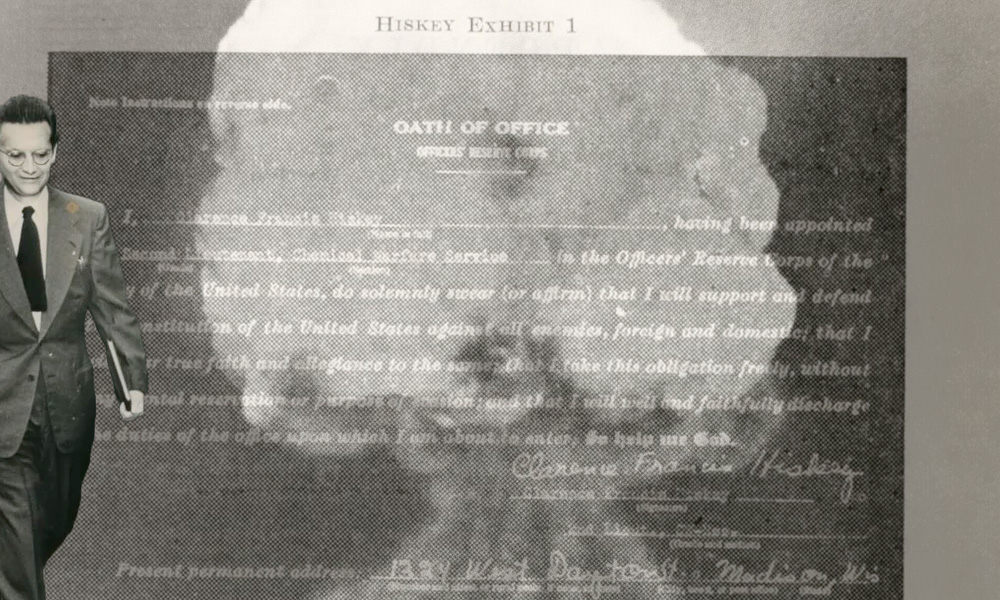
Vegetables Don’t Exist
In 1893, one of the largest produce sellers in New York City pursued a tax loophole to the highest court in the land: since John Nix’s tomatoes had been imported from the West Indies as vegetables–and had thus been subjected to Chester A. Arthur’s wildly unpopular vegetable tariffs–he sued the city’s tax collector to declare that tomatoes were fruits.
All the evidence came from dictionary definitions. Nix’s lawyers submitted six entries, three of the word “fruit” and three of “vegetable,” to argue that (in botanical terms) tomatoes are clearly fruits. But the defense submitted the Webster’s dictionary definition of “pea,” “egg plant,” “cucumber,” “squash,” and “pepper,” demonstrating that while they were all technically “fruits” in botanical terms, like tomatoes, they were commonly understood to be vegetables. This argument won the day and the court unanimously sided with the New York City tax collector. Even though “dictionaries define the word ‘fruit’ as the seed of plaints, or that part of plaints which contains the seed,” and they are the fruit of a vine, “just as are cucumbers, squashes, beans, and peas,” Justice Horace Gray ruled that tomatoes are “like potatoes, carrots, parsnips, turnips, beets, cauliflower, cabbage, celery, and lettuce, usually served at dinner in, with, or after the soup, fish, or meats which constitute the principal part of the repast.” They are not, he pronounced, served “like fruits generally, as dessert.”
In this way, Gray and his fellow jurists sealed the tomato’s identity crisis into law. The legal definition would be what common speech suggested, even if biology indicated the opposite. Nix’s tomatoes would be called “vegetables” because that’s what everyone called them.









/cdn.vox-cdn.com/uploads/chorus_asset/file/9594885/jetsons.jpg)








